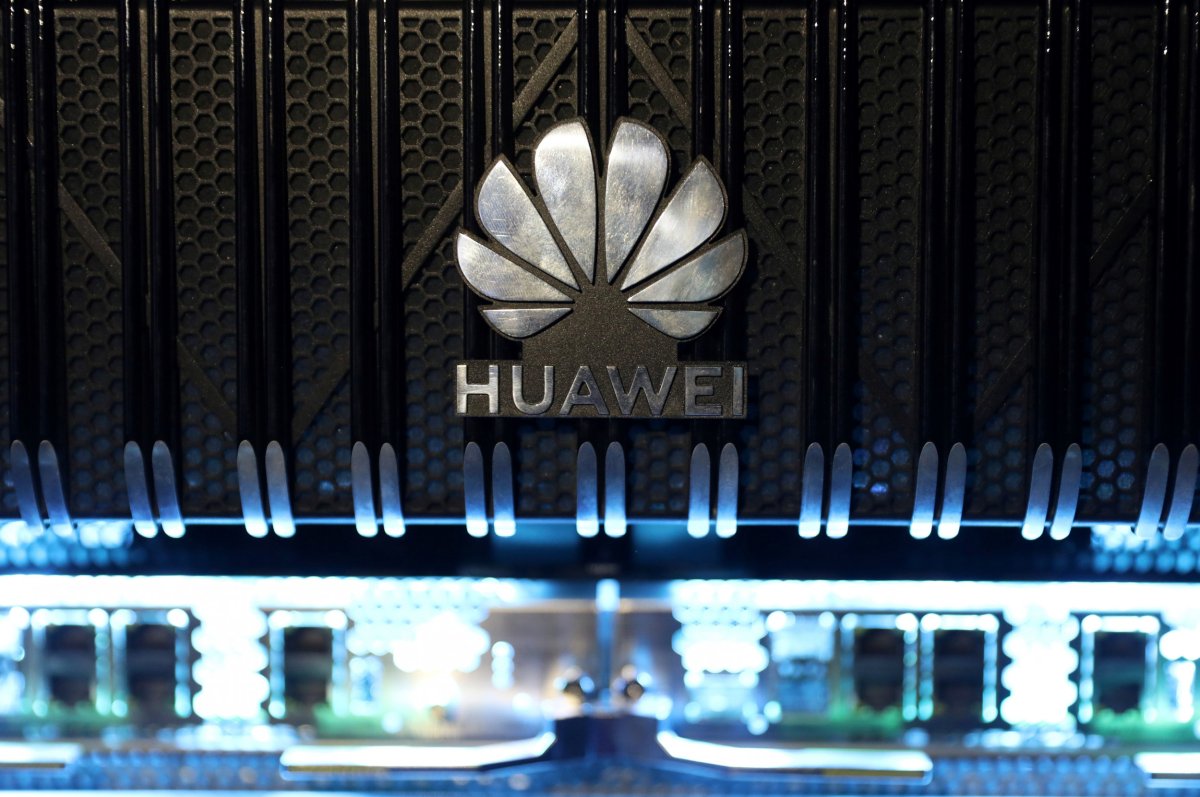During this time of social distancing and "virtual" connecting, Americans are really appreciating our wireless and cable networks. This infrastructure for working from home and for entertainment—and its reliability and capacity to handle the tremendous demand—is proving a godsend.
This new realization comes as fifth generation, or 5G, wireless technology is rapidly developing and beginning to deploy initial service in some locations.
Before the coronavirus, long-term capital spending decisions about 5G infrastructure were underway around the world. Several of our allies, Britain among them, have chosen lower cost over security. They've opted, wholly or partially, for Huawei's 5G wireless equipment, despite the serious security vulnerabilities such a decision entails.
The reason for such a wrenching choice comes down to having just a handful of equipment makers left. Huawei is reported to be heavily subsidized by the Chinese government. The company has squeezed the profit from the capital-intensive telecom sector and captured the market.
It doesn't have to compete fairly and squarely in the marketplace. Thus, competitors can't beat Huawei's artificially rock-bottom prices.
Huawei brings a proprietary, vertically integrated system for a bargain-basement price. Only its technicians service its equipment for the next few decades. Only Huawei parts work with the infrastructure.
A nice little chokehold arrangement, courtesy of the Chinese government, which under its law may demand Chinese businesses to spy, steal or otherwise snatch from other countries' public and private sectors.
Many in business, policy circles and government have increasingly recognized the link between national security and economic security, including in wireless technology. The Trump administration's 2017 National Security Strategy stated this fact outright: "Economic security is national security."
Thankfully, there's an ideal solution for 5G. And it leverages American strengths. It hopscotches the capital-intensive infrastructure model by delivering broadband and wireless 5G service via an open radio access network (RAN).
Open RAN amounts to a software and cloud computing-based virtual network. Rather than a proprietary soup-to-nuts model, controlled by a single entity from a foreign aggressor nation, 5G delivered by virtual RAN employs an integrated, modular model.
It's disaggregated, allowing multiple private companies in free nations to provide different facets of the system. Both established companies and entrepreneurs may offer pieces of the virtualized infrastructure that altogether will provide interoperable, reliable, high-speed, high-capacity wireless service.
Such a virtual network, which is already taking shape in Japan, promises the type of robust, nationwide connectivity necessary for the industrial internet of things and rural broadband access.
Businesses collaborating on 5G virtual wireless networks include Altiostar, AT&T, DISH Network, Facebook, IBM, Microsoft, Oracle, Qualcomm, Rakuten, Verizon, VMWare and Vodafone. These and other firms involved in open RAN's development span the spectrum, from foundational wireless technologies to telecom service providers to software and computer networking to original equipment makers.
As the Open RAN Policy Coalition notes, "Multivendor deployments enable a more competitive marketplace and give network operators greater ability to manage their networks and flexibility to draw on the innovations of multiple suppliers to upgrade their infrastructure with the latest technology."
This innovative solution blocks Chinese hegemony over next-generation wireless connectivity. And it averts very serious national security threats from such a disadvantage. Because of its modular architecture, virtual 5G networks couldn't be taken over or subverted by China, Russia or another rogue nation.

The basis for this solution is our bread and butter. As President Reagan's Commission on Industrial Competitiveness once said, "Technological innovation is a mainstay of the American economy. It is the foundation of our economic prosperity, our national security and our competitiveness in world markets."
Open RAN virtual networks for 5G rest in the hands of the private sector. That's far better than government attempting centralized control of innovation.
There's a role for government: Namely, a system of law that respects and upholds due process and private property rights—particularly intellectual property.
Also, our government must guarantee an antitrust system that fosters competition—in part by withholding its heavy hand where intellectual property exclusivity is being exercised, because innovation drives dynamic competition. As Reagan's commission also said, "Innovation spurs new industries and revives mature ones."
The government could help private innovators with proof-of-concept settings. It could incentivize research and development and invention in this area of technology through tax credits. It could guarantee purchase of RAN networking innovations to speed these networks into usage and to signal the commercial market and spur private sector adoption.
That's the right approach to foster 5G research and development, leapfrog China's national champion in this technological advance at this crucial juncture and appropriately lead our national industrial interests without picking winners and losers.
James Edwards, Ph.D., is executive director of Conservatives for Property Rights (@4PropertyRights) and patent policy advisor to Eagle Forum Education & Legal Defense Fund.
The views expressed in this article are the writer's own.
Uncommon Knowledge
Newsweek is committed to challenging conventional wisdom and finding connections in the search for common ground.
Newsweek is committed to challenging conventional wisdom and finding connections in the search for common ground.
About the writer
To read how Newsweek uses AI as a newsroom tool, Click here.








